Repair Signaling

Search The Article
 Categories
Categories
- All
- Analytical Testing
- Antioxidants
- Bone Density / Osteoporosis
- Cagrilintide
- Cellular Energy (Mitochondrial Function)
- Cerebrolysin
- Cognition
- Endotoxins
- Eye Research
- General Peptide Information
- Insulin-Like Growth Factor
- Metabolic Disease
- Repair Signaling
- Skin Regeneration
- Sterility
- Uncategorized
- Vasodilator
- Wound Healing
Everything on this website – articles and product details – is meant for learning and information purposes only. The products we sell are designed for lab testing only (studies done in test tubes or petri dishes, not in living things). These products are not medications, treatments, or cures for any illness. They haven’t been reviewed or approved by the FDA.
-
May 11th
-
Peptidology Research Faculty
AOD-9604 Research Peptide: A Scientific Overview
Introduction AOD-9604 is a synthetic peptide fragment derived from human growth hormone (HGH), specifically corresponding to the amino acid region 177–191 of HGH with an additional tyrosine added at the N-terminus for stability lexology.com . This modified fragment – often referred to as the “AOD-9604 research peptide” – was originally investigated for its fat-reducing properties. […]
-
May 1st
-
Peptidology Research Faculty
GHK-Cu Research Peptide: A Molecular Spark for Tissue Renewal
Origins & Discovery The tripeptide glycyl-L-histidyl-L-lysine (GHK) was isolated from human plasma in 1973 when Pickart observed that young serum “caused old liver tissue to produce proteins more characteristic of younger individuals.” Its high affinity for Cu²⁺ rapidly forms the chelate now known as GHK-Cu, which occurs naturally in plasma, saliva, and urine. Concentrations decline […]
-
April 30th
-
Peptidology Research Faculty
BPC-157 Research Peptide: Molecular Pathways and Healing Insights
Origins, Chemistry & Structural Biology BPC-157 (Body Protection Compound 157) is a 15-mer fragment (GEPPPGKPADDAGLV) originally isolated from human gastric juice and highly conserved across mammals. Its 1 414 Da mass and amphipathic profile confer remarkable aqueous stability—even in gastric acid—which in turn underpins wide laboratory utility. Structure–activity modelling reveals multiple proline clusters that resist […]
